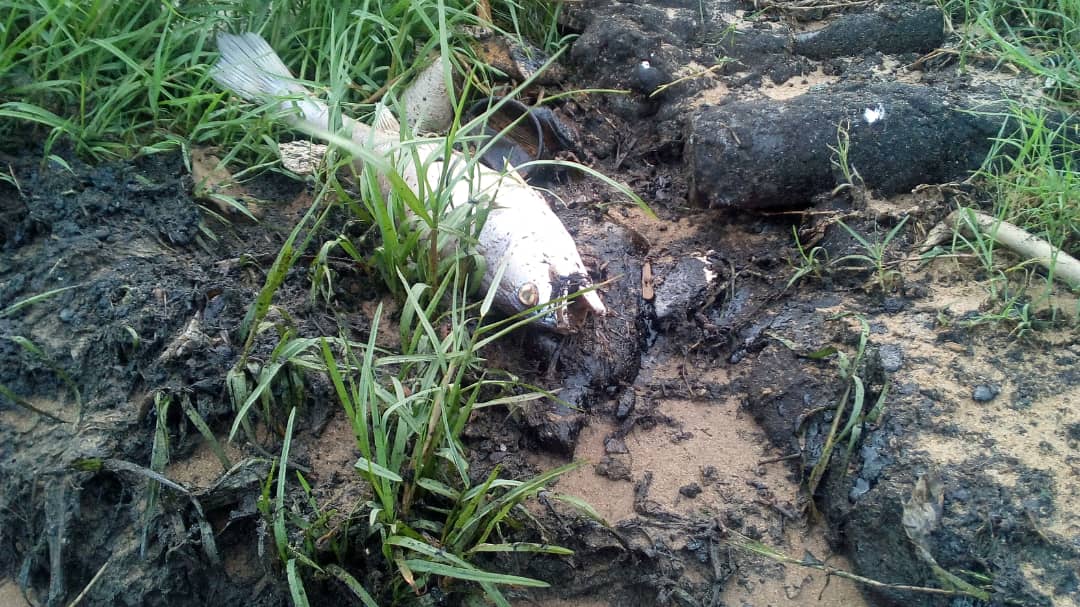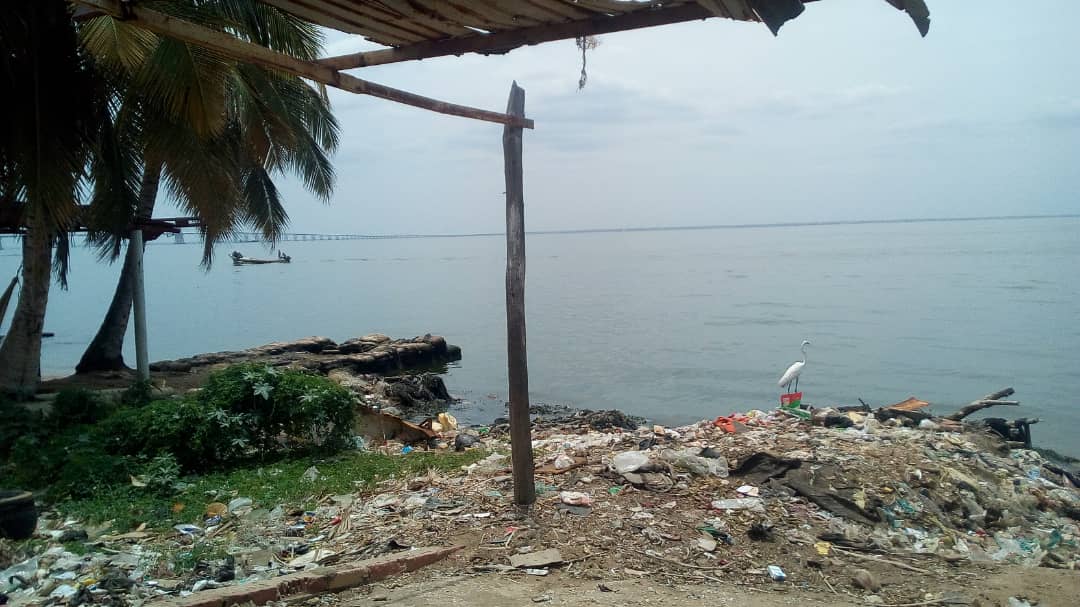How Oil Killed Lake Maracaibo
The largest lake in South America has suffered the consequences of both the rise and fall of the Venezuelan oil industry: explosive production and dangerous decay.


Photo: Francisco Rincón
When Carmen was nine years old, she was stung by a stingray. Her parents were really scared: Venezuelan freshwater stingrays have a very strong poison. The accident wasn’t that bad and Carmen’s 80 years old. The thing isn’t the sting itself, but how it happened when she was bathing in Lake Maracaibo.
Of course, it was the 40’s. All of those living by the water, didn’t only bathe there: they fetched water in oil cans, that were then taken to their homes on donkeys to use it for washing clothes or basic needs. Back then, water was pristine. Carmen says that her father was a sailor and when he came back home from work after weeks, the neighbors in Santa Rita threw welcome parties.
Today, that’s unthinkable: Most of the lake’s fauna has died from pollution and taking a dive at the lake is an enormous health hazard.
Oil activity in the region, with over 15,000 wells since 1914, is the main cause for the decay of this lake, largest in South America, the 19th largest in the world and the second oldest on Earth (around 20 to 36 million years.)
For Everyone to See
The Civil Association for Control and Conservation of the Maracaibo Lake Basin reports that even though oil production in the country has dropped, spills have increased. In fact, they happen all the time because PDVSA isn’t following maintenance of machinery and pipe protocols.

“Even though oil production in the country has dropped, spills have increased.” Photo: Francisco Rincón.
20 years ago, the oil company had contingency plans activated any time a spill was detected, this included supervision with helicopters. But with the drop in oil production and the State company’s crisis, contingency plans also diminished.
Fishermen report that animals die and people can see oil on the shores of the hardest hit municipalities: Miranda, Santa Rita, Cabimas, Simón Bolívar, Lagunillas, Valmore Rodríguez and Baralt. Even on the Lago Boardwalk, a popular park overlooking the lake, people take pictures of crude oil residue.
Ausberto Quero, president of the Environmental Commission of Zulia State’s Engineer Center told Caracas Chronicles that when we found oil, almost 100 years ago, the effects were immediate, but there was monitoring and environmental supervision. The true crisis started 25 years ago, when environmental protection was reduced. There are excellent laws to punish environmental crimes in Venezuela, Quero says, but they aren’t enforced with sanctions. The same State that issued the law should have to enforce it over the industry it owns and generates most of its income, PDVSA. “Institutionality, or what has to do with enforcing the law in PDVSA, has been very vague. Evidently, there are oil spills and environmental prosecutors don’t have a firm position when they have to sanction PDVSA.”
Quero has been promoting for four years the Law of Conservation and Sanitation of the Maracaibo Lake, which was approved in the National Assembly, but then rejected in the chavista ANC. “Because of reasons well known to everybody, the priority is political matters, everything related to the environment is overlooked,” he says.
Fighting the Good Fight
At least once a month, Francisco, his family and friends go pick up trash in the shores of Maracaibo Lake, at the San Francisco municipality, “to alleviate the dramatic impact on the environment, flora and fauna.”
Oil spills aren’t the only problem: Residue and sewage are also discharged into the lake.

“Environmental prosecutors don’t have a firm position when they have to sanction PDVSA.” Photo: Francisco Rincón.
“It’s tough to see dead or suffering animals, fishermen whose boat’s engines break down with oil,” he says. “I feel the weight of indifference and how we put some things before the ones that really matter.”
Francisco says that, in every cleaning journey, he feels “sad and powerless,” but that drives him to get others involved and spread the message that “it’s possible” to save the lake. But action must be taken now.
“People around the lake complain to us. They’ve lost money, they get sick, the smell is too strong. They feel abandoned by the State.”
He’s deeply believes that the environment shouldn’t be politicized and that local authorities have to take the climate and pollution crisis seriously. And citizens should be more aware, too: “We’ve had people throwing debris and trash into the lake while we’re cleaning.”
Caracas Chronicles is 100% reader-supported.
We’ve been able to hang on for 22 years in one of the craziest media landscapes in the world. We’ve seen different media outlets in Venezuela (and abroad) closing shop, something we’re looking to avoid at all costs. Your collaboration goes a long way in helping us weather the storm.
Donate




